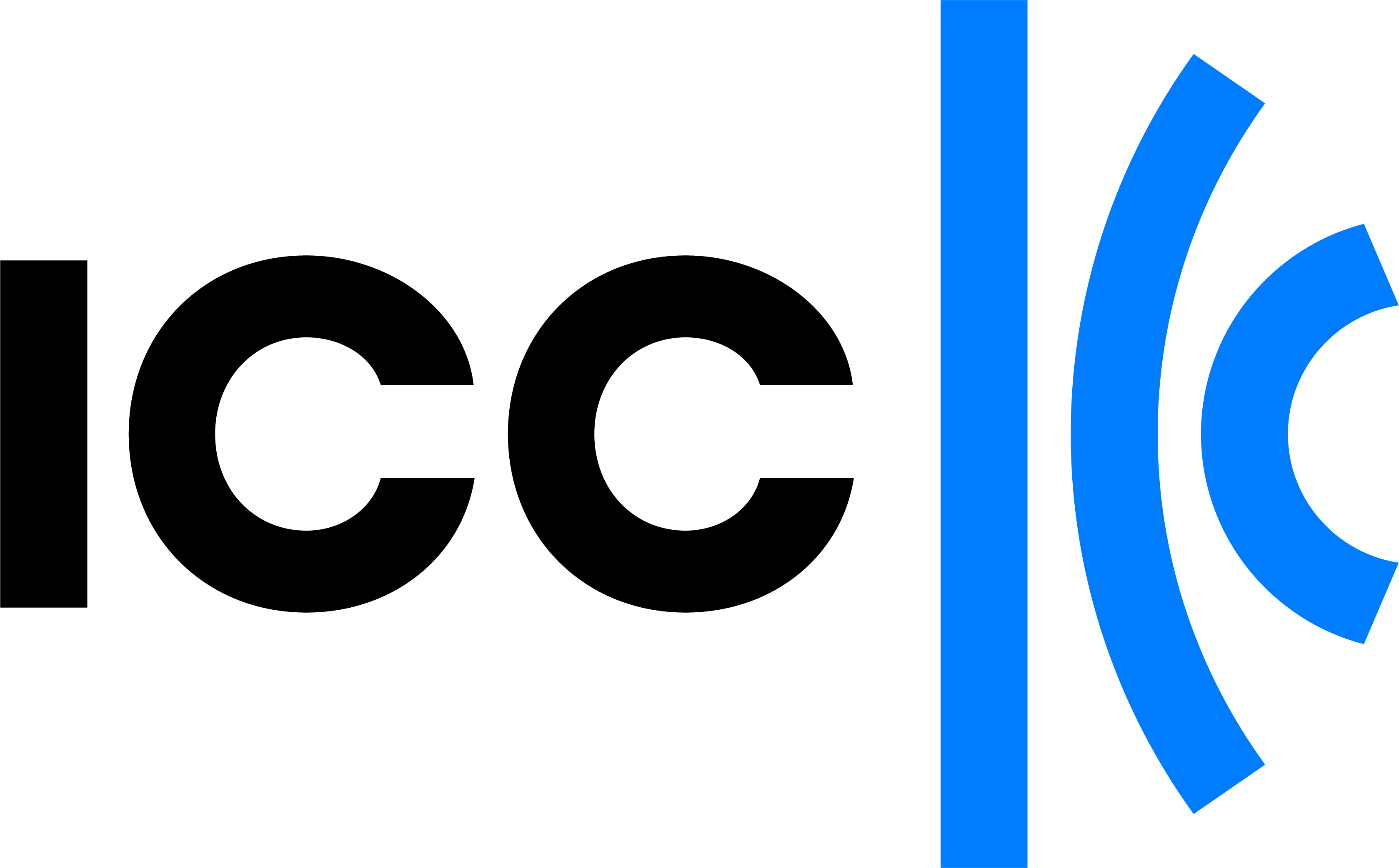
- Explore our products
- Books
- eBooks
- Arbitration
- Mediation
- International trade
- Incoterms
- Model Contracts and Clauses
- Commercial Agency
- Confidentiality
- Consortium Agreement
- Distributorship
- Drafting and Negotiating International Commercial Contracts
- Expanding to new market
- Force Majeure
- Franchising
- Mergers and Acquisitions
- Occasional Intermediary Contract (NCND)
- Sale of Contract
- Start-ups
- Trademark Licensing
- Transfer Technology
- Turnkey Contract
- International Consulting Services
- Trade Register
- Trade Finance
- Online training
- Online certificates
- Ethical Marketing & Advertising (EMA)
- IMB NVOCC Bill of Lading (NBL)
- International Trade Certificates
- Certified Trade Finance Professional (CTFP)
- Export/Import Certificate (EIC)
- Incoterms®2020 Certificate
- Certificate in International Trade and Finance (CITF) | LIBF
- Certificate for Documentary Credit Specialists (CDCS) | LIBF
- The Certificate in Supply Chain Finance (CSCF) | LIBF
- Certificate for Specialists in Demand Guarantees (CSDG) | LIBF
- Certificate in Principles of Payments (CertPAY) | LIBF
- Digital Library
Our selection
- Events
- Free downloads
- Latest releases
Our selection
- Best sellers
- Incoterms
Our selection
- Trade Finance
- Model contracts
- Arbitration
Our selection
- eBooks
Our selection
- Online Training
Our selection
- Events
Our selection
- Incoterms
- Subjects
- Arbitration & ADR
Our selection
- Banking & Finance
- Construction
Our selection
- Corruption
Our selection
- Climate change
Our selection
- Innovation & IP
Our selection
- Marketing & Advertising
Our selection
- Oil & Gas
- Trade & Investment
- Arbitration & ADR
Hello
Help Centre
Wishlist
- Home
- ICC Rules on Combating Corruption
